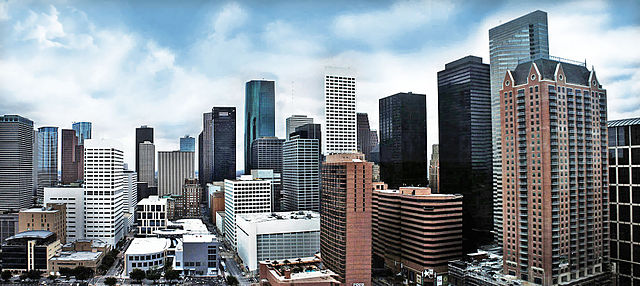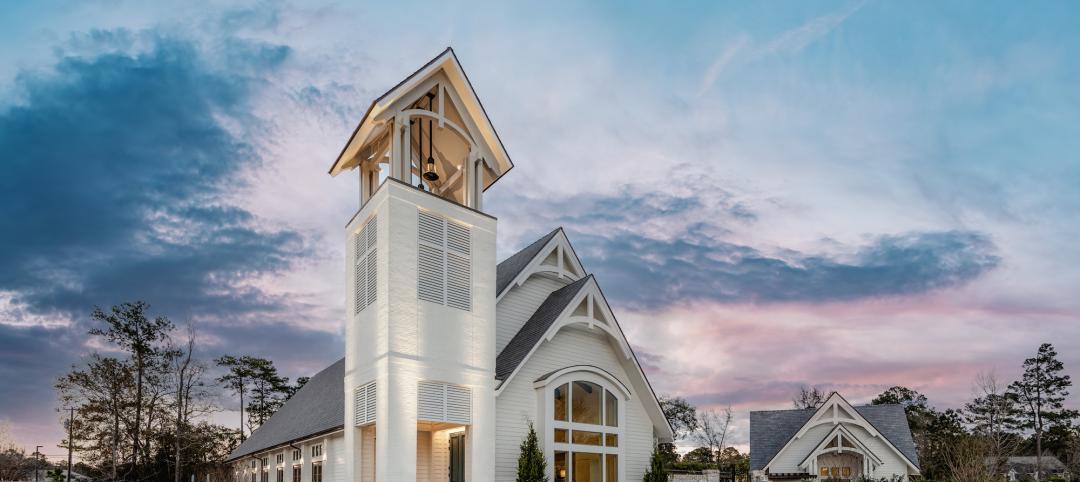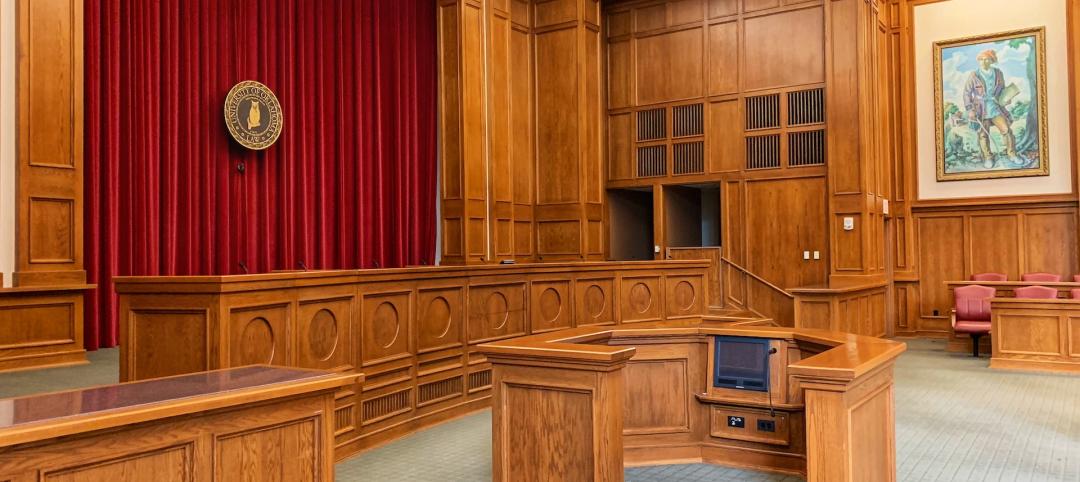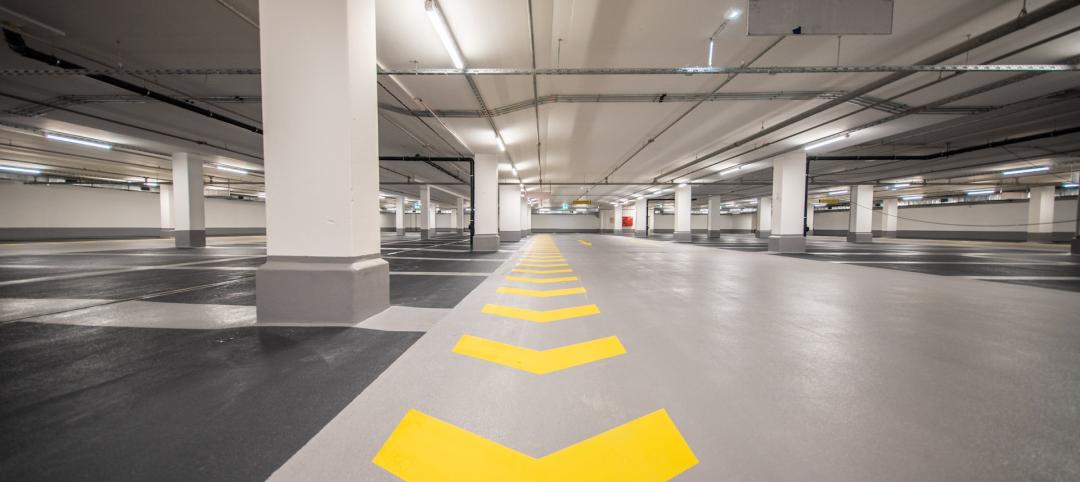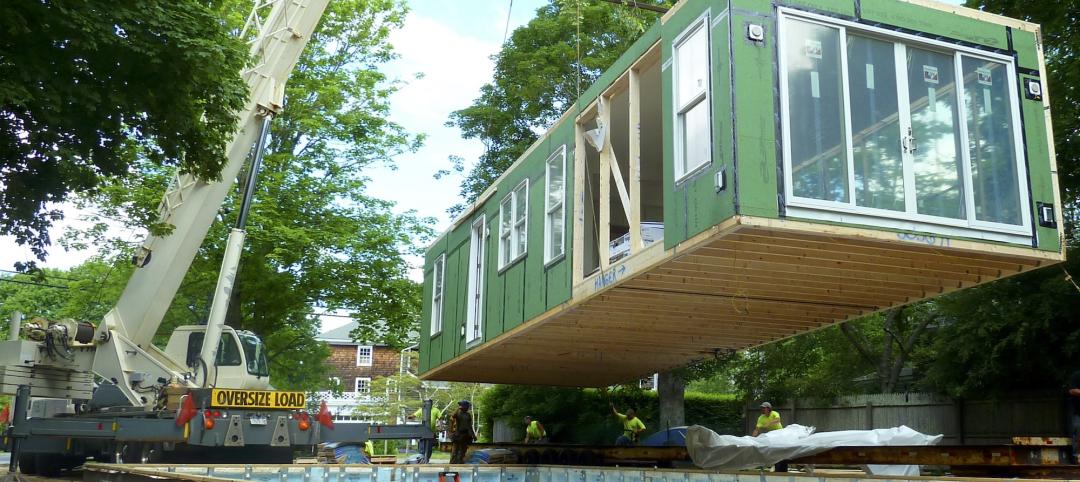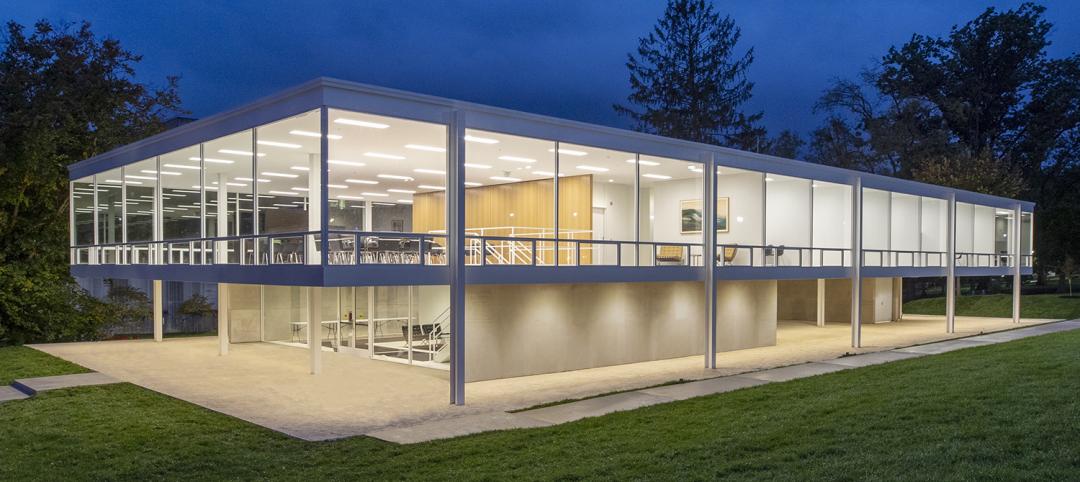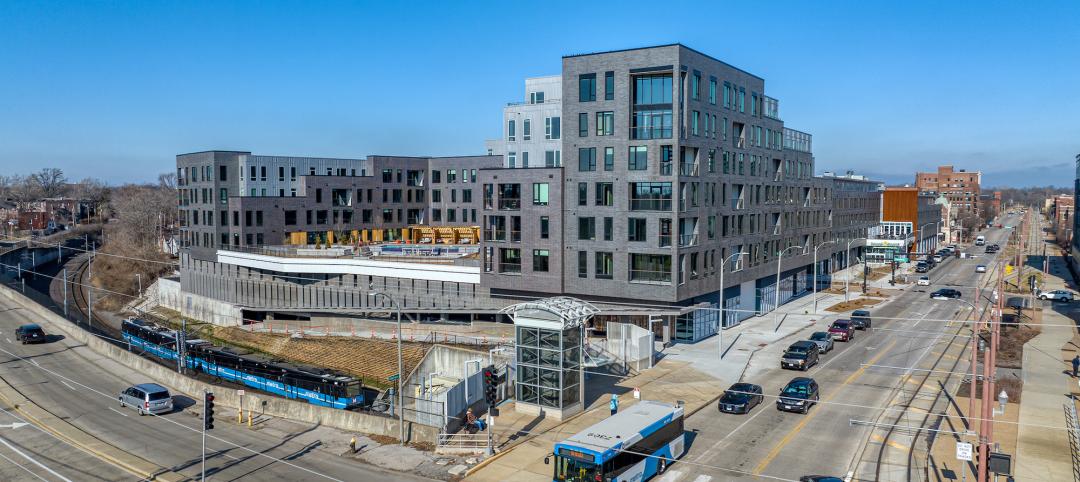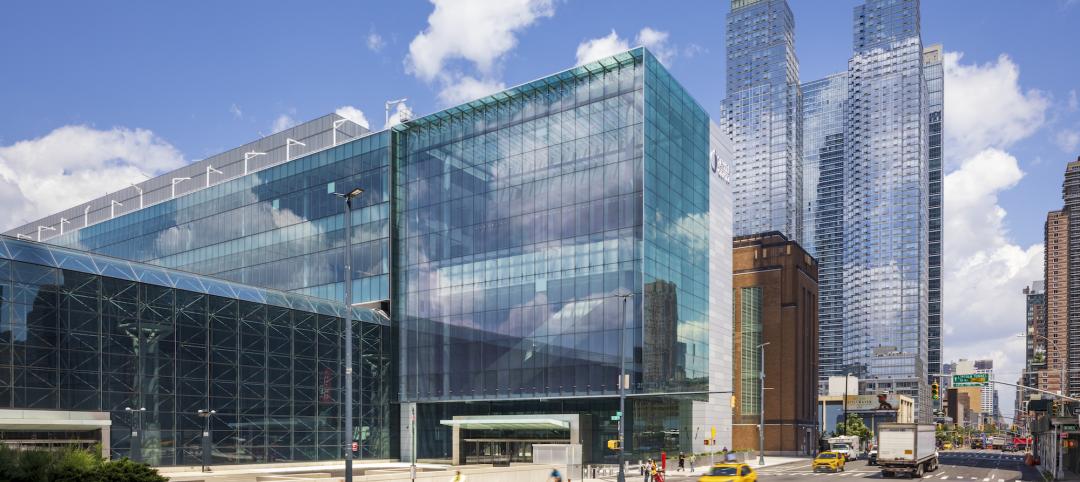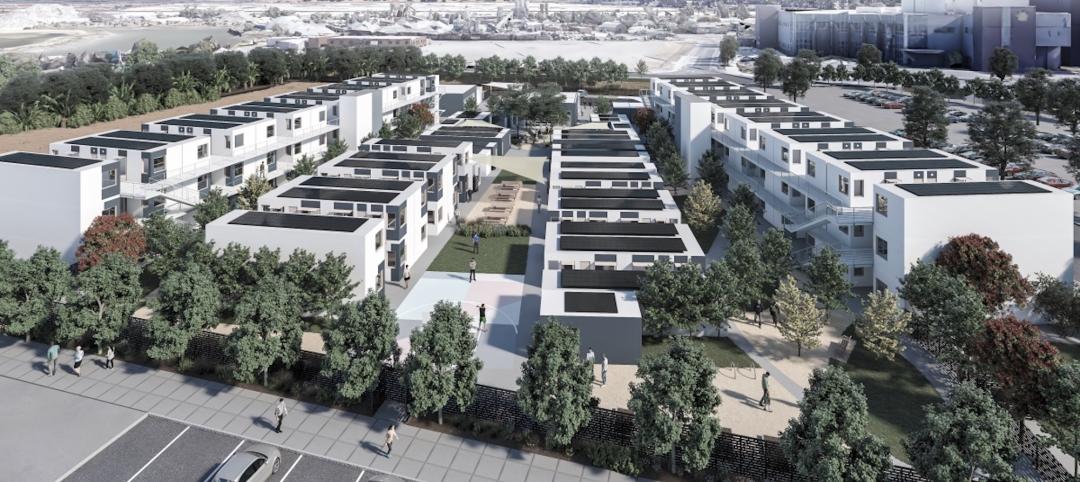Houston CultureMap contributor Barbara Kuntz collected all the project proposals the website covered in 2014 and recapped four daring developments that could alter the cultural landscape in Bayou City:
A New Swimming Hot Spot
In December, three entrepreneurs proposed a natural public swimming pool in Houston, Kuntz reports. Today, the project already has more than 270 backers making pledges on the project’s Kickstarter page. The project is also receiving support from civic leaders and organizations, including the Buffalo Bayou Partnership, the Greater East End District, the city of Houston Sustainability Office, and the Shell Center for Sustainability at Rice University.
Grand Texas: The Lone Star State’s New Entertainment District
Back in 2013, developer Monty Galland announced that the Grand Texas theme park is just a single component of a larger plan that involves 450,000 sf for retail, dining, an RV area, and a 6,000-seat stadium for minor league baseball games. As of last fall, bulldozers have started clearing out space on the site along Highway 59. By 2020, officials expect 4.5 million annual visitors to this theme park district.
Farming in the Astrodome
The Urban Land Institute presented what Kuntz called an “ambitious plan” to repurpose the iconic stadium after Houston voters rejected a $217 million bond to transform it into a special events center. This plan involves constructing an oak-lined promenade from the METRO light rail station to the Astrodome, where the space could be used for functions including a park, sustainable farm, farmer’s market, festivals, and museums. The dome’s top area would include a vieweing area with zip-lining, hike-and-bike trails, and indoor rock climbing.
Memorial Park Long-Range Master Plan
This April, the final design for Houston’s Memorial Park goes before the Houston city council for consideration. The so-called Long-Range Master Plan by Thomas Woltz, principal with Nelson Byrd Woltz Landscape Architects, highlights updates from public input, such as 8.5 miles of mountain bike trails and 17 miles of paved walkways for bikers and pedestrians.
Related Stories
Giants 400 | Feb 6, 2023
2022 Religious Sector Giants: Top architecture, engineering, and construction firms in the U.S. religious facility construction sector
HOK, Parkhill, KPFF, Shawmut Design and Construction, and Wiss, Janney, Elstner head BD+C's rankings of the nation's largest religious facility sector architecture, engineering, and construction firms, as reported in the 2022 Giants 400 Report.
Giants 400 | Feb 6, 2023
2022 Justice Facility Sector Giants: Top architecture, engineering, and construction firms in the U.S. justice facility/public safety sector
Stantec, DLR Group, Turner Construction, STO Building Group, AECOM, and Dewberry top BD+C's rankings of the nation's largest architecture, engineering, and construction firms for justice facility/public safety buildings work, including correctional facilities, fire stations, jails, police stations, and prisons, as reported in the 2022 Giants 400 Report.
Giants 400 | Feb 6, 2023
2022 Parking Structure Giants: Top architecture, engineering, and construction firms in the U.S. parking structure sector
Choate Parking Consultants, Walker Consultants, Kimley-Horn, PCL, and Balfour Beatty top BD+C's rankings of the nation's largest parking structure sector architecture, engineering, and construction firms, as reported in the 2022 Giants 400 Report.
Market Data | Feb 6, 2023
Nonresidential construction spending dips 0.5% in December 2022
National nonresidential construction spending decreased by 0.5% in December, according to an Associated Builders and Contractors analysis of data published today by the U.S. Census Bureau. On a seasonally adjusted annualized basis, nonresidential spending totaled $943.5 billion for the month.
Giants 400 | Feb 3, 2023
Top Workplace/Interior Fitout Architecture, Engineering, and Construction Firms for 2022
Gensler, Interior Architects, AECOM, STO Building Group, and CBRE top the ranking of the nation's largest workplace/interior fitout architecture, engineering, and construction firms, as reported in Building Design+Construction's 2022 Giants 400 Report.
Multifamily Housing | Feb 3, 2023
HUD unveils report to help multifamily housing developers overcome barriers to offsite construction
The U.S. Department of Housing and Urban Development, in partnership with the National Institute of Building Sciences and MOD X, has released the Offsite Construction for Housing: Research Roadmap, a strategic report that presents the key knowledge gaps and research needs to overcome the barriers and challenges to offsite construction.
Steel Buildings | Feb 3, 2023
Top 10 structural steel building projects for 2023
A Mies van der Rohe-designed art and architecture school at Indiana University and Morphosis Architects' Orange County Museum of Art in Costa Mesa, Calif., are among 10 projects to win IDEAS² Awards from the American Institute of Steel Construction.
Multifamily Housing | Feb 2, 2023
St. Louis’s first transit-oriented multifamily development opens in historic Skinker DeBaliviere neighborhood
St. Louis’s first major transit-oriented, multi-family development recently opened with 287 apartments available for rent. The $71 million Expo at Forest Park project includes a network of pathways to accommodate many modes of transportation including ride share, the region’s Metro Transit system, a trolley line, pedestrian traffic, automobiles, and bike traffic on the 7-mile St. Vincent Greenway Trail.
Giants 400 | Feb 2, 2023
2022 Convention Center Sector Giants: Top architecture, engineering, and construction firms in the U.S. convention and conference facilities sector
Clark Group, EUA, KPFF, Populous, TVS, and Walter P Moore top BD+C's rankings of the nation's largest convention and conference facilities architecture, engineering, and construction firms, as reported in the 2022 Giants 400 Report.
Multifamily Housing | Feb 1, 2023
Step(1) housing: A new approach to sheltering unhoused people in Redwood City, Calif.
A novel solution to homelessness will open soon in Redwood City, Calif. The compact residential campus employs modular units to create individual sleeping units, most with private bathrooms. The 240 units of housing will be accompanied by shared services and community spaces. Instead of the congregate dorm-style shelters found in many U.S. cities, this approach gives each resident a private, lockable, conditioned sleeping space.


